Voice debate is crowded but not informed

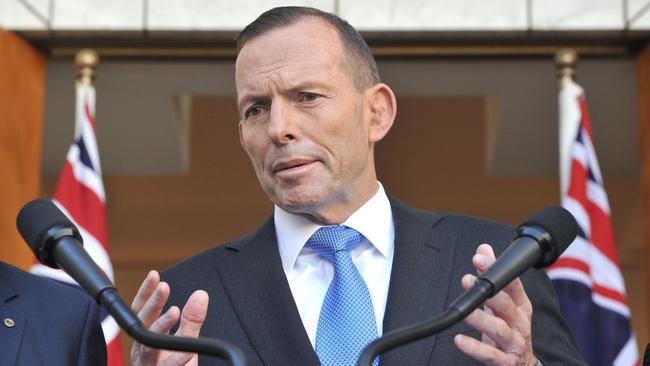
Conservative opinion writers led by this newspaper’s Greg Sheridan and Peta Credlin, and Andrew Bolt in the News Corp tabloids, argue the voice will enshrine race in the Constitution. Progressives, particularly ABC’s Indigenous affairs editor Brigid Brennan, risk damaging the referendum’s prospects by arguing for a much more powerful voice.
The voice idea grew from an essay by Noel Pearson. The essay, A Rightful Place, was seen by delegates who in 2017 signed up to the Uluru Statement from the Heart as a way forward after former PM Tony Abbott and then opposition leader Bill Shorten in 2014 rejected an interim recognition proposal from a group appointed by another former PM, Julia Gillard.
Abbott was a keen supporter of recognition, which he had hoped to put to a referendum in 2017 to mark the 50th anniversary of the 1967 referendum.
He told The Sydney Morning Herald in September 2014 that recognition was “a great and noble cause” that was supported “right across the parliament”.
In a piece in The Australian last Wednesday, Abbott seemed still to support some form of recognition. He supported Pearson’s ideas on the strands of Australian society: “That’s why the proposal that I was attracted to while prime minister was to amend the preamble (to the Constitution) to provide that our ‘one indivisible federal commonwealth under the crown’ had ‘an Indigenous heritage, a British foundation and an immigrant character’.”
Abbott’s piece nailed the real problem with the voice: “A voice to the parliament would not actually be power – unless it turns out to be much more than just an advisory body.”
For journalists not familiar with the journey to the voice, an interview on RN Breakfast by Patricia Karvelas with Melbourne University professor Marcia Langton on July 29 is a good place to start. Langton began with the petition from former Australian of the Year Galarrwuy Yunupingu to Kevin Rudd in 2008. Langton took issue with a central claim by conservative critics of the voice – that it would enshrine race in the Constitution. Langton argued there is no Aboriginal race but rather 600 separate Aboriginal nations. She implied conservatives were echoing 19th century eugenics. Pearson’s essay discusses indigeneity rather than race.
Aboriginal society is not homogenous. Many Aboriginal people do not support the voice, and are more concerned with the need for practical help for disadvantaged communities. While Langton cited former PM John Howard’s 2007 NT intervention as evidence the present race power in the Constitution allows a government to damage Indigenous rights, many Aboriginal people, especially in remote NT, still support that intervention.
Here lies a furphy of the voice debate. Race is already enshrined in the Constitution – the so-called “race power” in section 51 – and the High Court, in its Mabo and Wik decisions, found back in the 1990s a right exclusive to Aboriginal Australians: native title rights connected with unalienated land title.
Journalists should read the full 272-page final voice report by Langton and Tom Calma. Much of it is well thought out. But supporters and opponents should worry section 2.8.2, “Advice function”, on page 150.
Anthony Albanese may have to narrow the scope Calma and Langton recommend for the voice if the referendum is to succeed. The section says: “The core function … would be to advise on matters of national significance to Aboriginal and Torres Strait Islander peoples relating to their social, spiritual and economic wellbeing. The national voice would determine which issues it would provide advice on. Advice … could include engaging with ministers and officials, including those responsible for mainstream policies and programs.”
This is why Foreign Minister Penny Wong has gone quiet after announcing in mid-May the need for an ambassador for First People’s and a First Nations foreign policy. Voters will not support power for the voice beyond policies directly affecting Aboriginal people. This is why Albanese has been reticent to discuss the voice’s powers.
Yet his Indigenous Australians Minister Linda Burney has been clear, especially on Q+A last Monday night from Garma, that voters will receive detailed voice proposals before a referendum. Either way, the voice will be vulnerable to a scare campaign.
But constitutional change will eventually come, even if the voice referendum fails. The latest historical research on frontier violence and international laws of conquest pays no heed to the concerns of people who rightly argue today’s mainstream Australians, born here or overseas, had nothing to do with policies set by the British Foreign Office 250 years ago. These texts will provide more fuel for recognition advocates.
Two powerful books on Tasmania’s Aboriginal war in the 1820s have been built on the diaries of controversial missionary, and later Aboriginal protector, George Augustus Robinson.
Cassandra Pybus in 2020 published a biography of the last Tasmanian, Truganini. She was born in 1812 on Bruny Island, where Pybus’s ancestor Richard was given the island’s largest unencumbered land grant in 1827. The book follows Truganini’s travels with Robinson as he spent years rounding up Aboriginal survivors of the 1824-32 Black War in the state’s east, and of settler skirmishes elsewhere, to be repatriated to Flinders Island.
A separate book published last year by journalist Robert Cox, Broken Spear, uses Robinson’s diaries and contemporaneous government and newspaper accounts to tell the story of Kikatapula, the man who sparked the Black War. Raised by the settler Birch family in Hobart, he went back to his people to lead attacks on settlers before defecting to Gilbert Robertson’s roving party of white militia men. Later he joined George Augustus Robinson’s mission.
Both books make a strong case that Tasmania’s official policy of that time would today be called ethnic cleansing – repatriating to Bass Strait islands those few Aboriginal people they had not killed. These books show many white Tasmanians 200 years ago believed local Aboriginal tribes were being wrongfully dispossessed of land that was rightfully theirs.
A book published last year by Mark McKenna takes the violence into the 20th century. Return to Uluru reveals documentation about a famous 1934 shooting by legendary white NT police officer Bill McKinnon of Aboriginal man Yokununna in a cave at Uluru.
McKenna befriends McKinnon’s surviving relatives and discovers the truth withheld from a formal Commonwealth inquiry into the shooting. McKenna’s findings are delivered to the grandsons and great-grandsons of Yokununna and his brother Paddy Uluru.
Henry Reynolds’ 2021 book Truth-Telling challenges the legal basis for settlement by Governor Arthur Phillip and for Captain James Cook’s claiming for Britain of the east coast of Australia on Possession Island, off the top of Cape York. The UK government had decided on a penal colony in the false assumption there were few original inhabitants at Botany Bay or Port Jackson. Governor Phillip was troubled to find there were probably 1500 in the area.
Debate about the voice will heat up. Good on Sky News Australia for broadcasting a heated discussion between Bolt and voice supporter Chris Kenny. This newspaper has published many supporters and opponents. Our ABC should do the same.

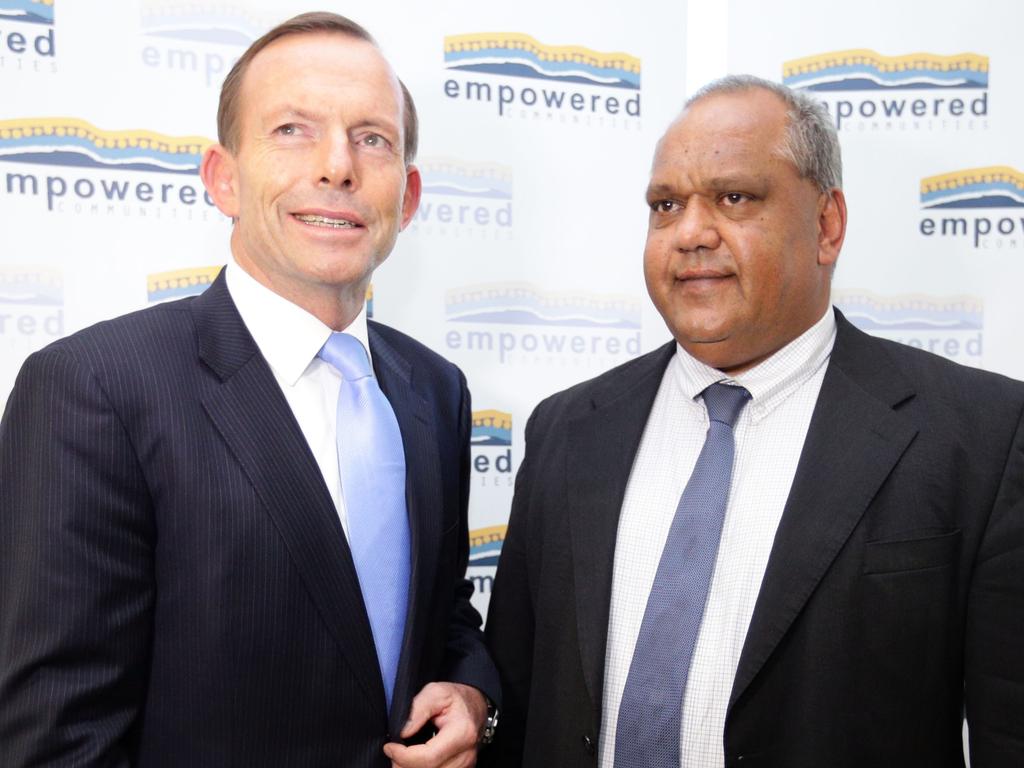
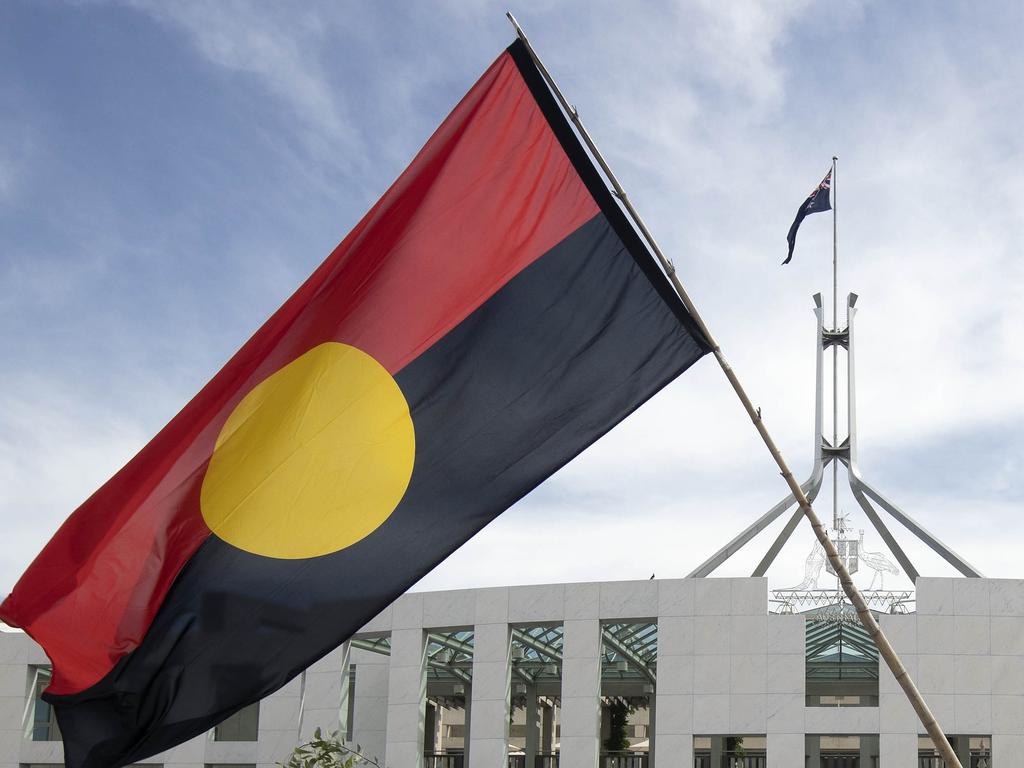
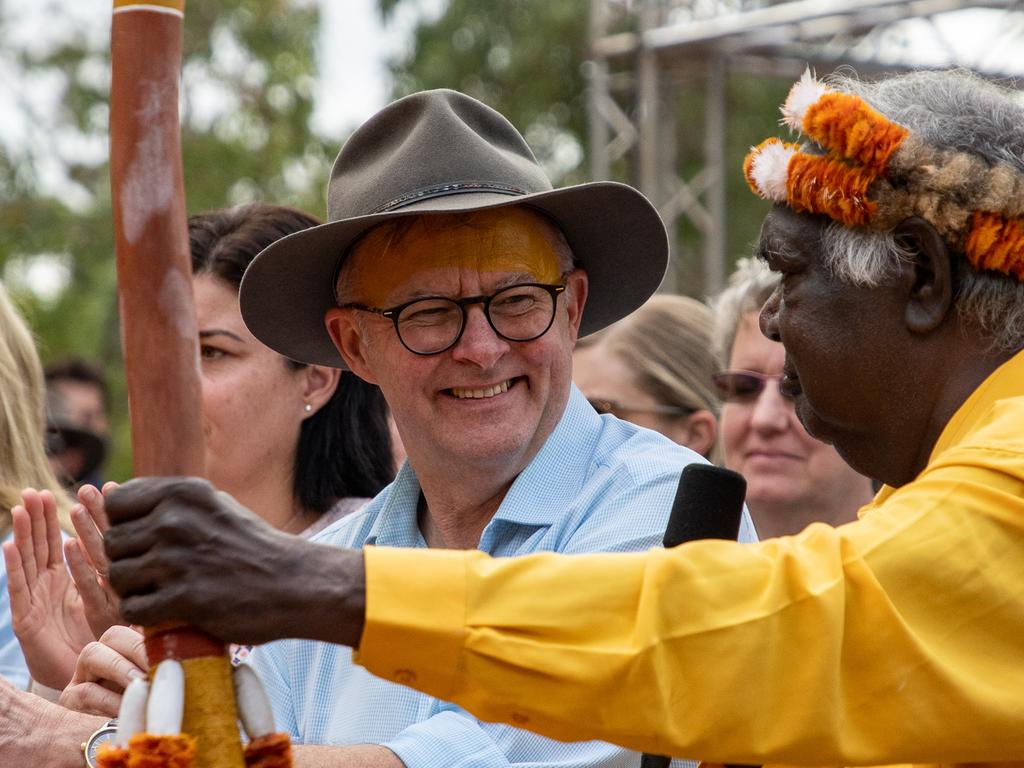
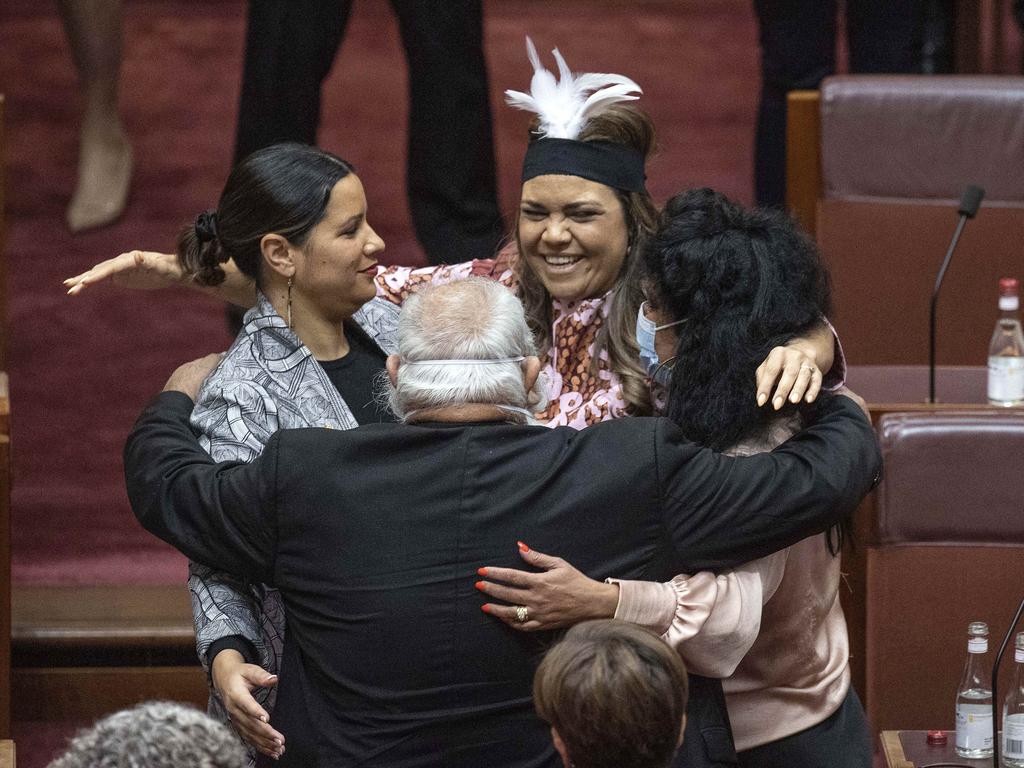


Activist journalists from the left and right show little sign of having read the formal proposal for the Indigenous voice to Parliament or having understood how the 15-year recognition debate took us to this point.